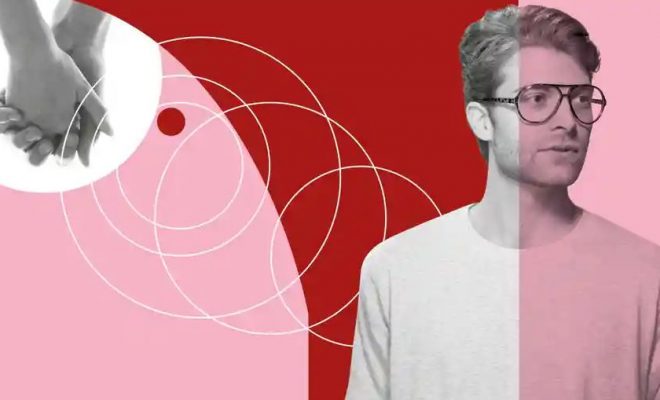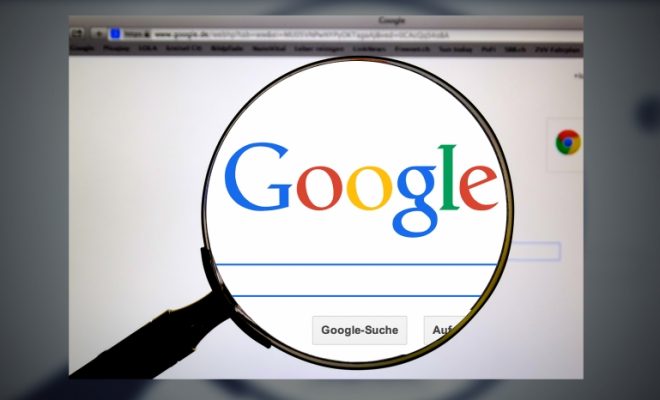I want to try online dating. Should I tell potential partners about my Asperger diagnosis?

I’m 18 years old and have been diagnosed with Asperger’s. I’m really worried it will affect my chance of having a fulfilling relationship and sex life. I’m considering getting into online dating, as some friends have had success in that regard, but my issues with speaking with others and body language make it a tough proposition. Most of my interactions with new people have been instigated by friends, family, educators or employers. I worry that, without telling potential partners of my condition, I’ll come across as weird and sexually incapable. It’s a gamble that I’ve had to make many times – whether to let people know or wait for them to find out on their own. When it comes to such a nuanced and complex social situation as dating and sex, I feel I’m just not built for it. What can I do to help my chances of happiness in this field?
Your question shows that you already have a good understanding of your potential sex and relationship challenges. But even though you have received a specific diagnosis, you are still a unique human being with much to offer the right partner. Instead of asking yourself: “Will I be acceptable to others?” instead consider the far more important universal questions: “What do I need in a relationship, sexual or otherwise? And how can I best find a loving and consensual way to get my needs met as well as helping to meet the needs of someone I might care about?”
Your psychological reality should be private if you prefer it – it’s really no one else’s business. If you label yourself – especially early in a relationship – you give another person permission to pigeonhole you. When an issue arises, it may be better to say, for example: “I just don’t happen to be comfortable with X,” rather than giving someone a diagnosis they could research – possibly yielding incorrect information. Again, you are unique. You will find your own way to connect with someone.
- Pamela Stephenson Connolly is a US-based psychotherapist who specialises in treating sexual disorders.
- If you would like advice from Pamela on sexual matters, send us a brief description of your concerns to private.lives@theguardian.com (please don’t send attachments). Each week, Pamela chooses one problem to answer, which will be published online. She regrets that she cannot enter into personal correspondence. Submissions are subject to our terms and conditions: see gu.com/letters-terms.
- Comments on this piece are premoderated to ensure discussion remains on topics raised by the writer. Please be aware there may be a short delay in comments appearing on the site.
… as you’re joining us from India, we have a small favour to ask. Tens of millions have placed their trust in the Guardian’s high-impact journalism since we started publishing 200 years ago, turning to us in moments of crisis, uncertainty, solidarity and hope. More than 1.5 million readers, from 180 countries, have recently taken the step to support us financially – keeping us open to all, and fiercely independent.
With no shareholders or billionaire owner, we can set our own agenda and provide trustworthy journalism that’s free from commercial and political influence, offering a counterweight to the spread of misinformation. When it’s never mattered more, we can investigate and challenge without fear or favour.
Unlike many others, Guardian journalism is available for everyone to read, regardless of what they can afford to pay. We do this because we believe in information equality. Greater numbers of people can keep track of global events, understand their impact on people and communities, and become inspired to take meaningful action.
We aim to offer readers a comprehensive, international perspective on critical events shaping our world – from the Black Lives Matter movement, to the new American administration, Brexit, and the world’s slow emergence from a global pandemic. We are committed to upholding our reputation for urgent, powerful reporting on the climate emergency, and made the decision to reject advertising from fossil fuel companies, divest from the oil and gas industries, and set a course to achieve net zero emissions by 2030.













